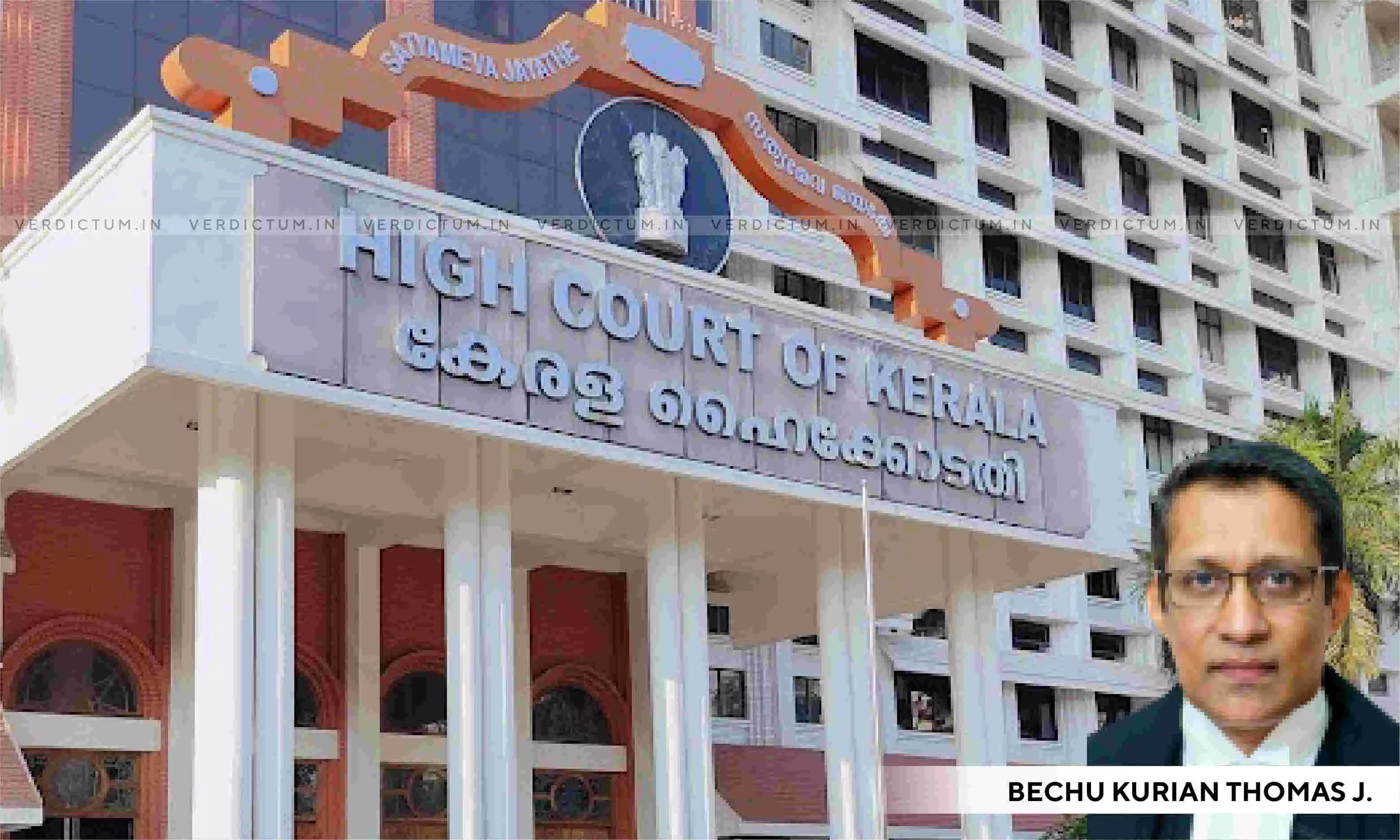
Dissent Expressed Without Causing Harm Or Significant Inconvenience- Kerala HC Quashes Case Against Prakash Karat And Pinarayi Vijayan
 |
|The Kerala High Court has quashed a case of unlawful assembly and rioting and connected proceedings in a Magistrate's Court against Chief Minister Pinarayi Vijayan, Prakash Karat and 11 other CPI(M) leaders in connection with the 2009 human chain protest against India entering into a trade agreement with ASEAN countries.
Justice Bechu Kurian Thomas observed in the judgment that "When the dissent is expressed without causing any harm or even a significant inconvenience, it would be too puerile to proceed criminally against the dissenters. Merely because the dissent is not acceptable to the majority, that is not a reason to initiate criminal action unless the dissent was coupled with violent, disorderly or damaging conduct by any member of the assembly".
The Court quashed the case against the CPI(M) leaders, including former Kerala Chief Minister V S Achuthanandan and current state Minister for General Education V Sivankutty, saying that there was no use of criminal force by them or the protestors, the protest was not indefinite, normal life was not paralysed and therefore, offences of unlawful assembly or rioting under the IPC were not made out.
The case was quashed on the plea moved in the High Court by the 12 CPI(M) leaders. Advocate Gilbert George Correya appeared for the petitioners while Director General of Prosecution T.A Shaji appeared for the sate and supported the petitioners. The state argued that the offences alleged are not made out and that the allegations are politically motivated.
No one appeared on behalf of the complainant, Neyyattinkara P. Nagaraj, an Advocate.
While quashing the case, the high court said just like the leadership of a political party is not an immunity against prosecution, the position of the accused shall not deter the court from interfering in an unnecessary prosecution if the offences alleged are not made out from a complaint.
It further said in its October 13 order that a protest or an assembly of persons without any criminal force or show of criminal force would not make the assembly unlawful.
"In the instant case, there is no allegation of any criminal force used by any of the accused or any of the members of the said assembly. There is no allegation of any common object for committing an offence or that the human chain lasted indefinitely. There is also no case that there was any inconvenience or obstruction to the public for an extended period of time", the Court noted.
"The complainant (lawyer) has not alleged that the normal life of the community was crippled or paralysed. There is not even an allegation that the complainant was obstructed. In such circumstances, I am of the view that the conduct alleged against the petitioners (CPI(M) leaders) does not satisfy the ingredients of section 141, IPC,i.e. unlawful assembly" the High Court held.
The case against the CPI(M) leaders was initiated based on a private complaint by a lawyer who had alleged that the protest was an unlawful assembly whose members also indulged in rioting.
In a bid to compel the central government to withdraw from the ASEAN free trade agreement, the Communist Party of India (Marxist) had decided to form a state-wide human chain in Kerala to be lined up on the sides of the National Highway.
The human chain was alleged to have been created over a distance of 500 km, from Kasaragod in the north to Thiruvananthapuram in the south.
The High Court said when dissent was expressed without causing any harm or even a significant inconvenience, "it would be too puerile to proceed criminally against the dissenters."
"Merely because the dissent is not acceptable to the majority, that is not a reason to initiate criminal action unless the dissent was coupled with violent, disorderly or damaging conduct by any member of the assembly," the Court held and added that the case was "an abuse of the process of court and is liable to be interfered with".
The CPI(M) leaders had contended in their appeal that the complaint against them was filed with malafide intentions and for oblique motives and that the offences alleged are not made out.
They had further contended that the human chain was formed in exercise of their right under Article 19 of the Constitution of India as a measure of showing their protest against an act that they presumed to be contrary to their beliefs.
Even the prosecution supported the claims and contentions of the CPI(M) leaders by saying that the offences alleged are not made out and the case was "politically motivated".
Cause Title: Prakash Karat & Ors. v. State of Kerala & Anr.
Click here to read/download Order